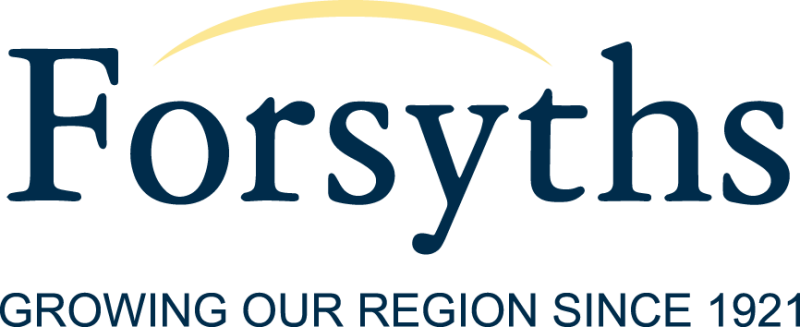
2022 Election Washup
Following the election of the new Labor federal Government on 21 May, there are a number of tax and superannuation proposals that they
have announced or existing measures they have committed to that may impact you and your business moving forward.
Some of course are subject to the passage of enabling legislation through the new Parliament.
Tax cuts
The incoming government has committed to the so-called Stage 3 tax cuts that the former government passed into legislation in 2018. This
will see the 37% tax bracket abolished, the top 45% bracket will start from $200,000 and the 32.5% rate will be cut to 30% for all incomes
between $45,000 and $200,000. This is legislated to commence from 1 July 2024.
Multinational tax crackdown
This will involve a four-pronged approach:
- Supporting the OECD's Two-Pillar Solution for a global 15% minimum tax, and ensuring some of the profits of the largest multinationals – particularly digital firms are taxed where the products or services are sold.
- Limiting debt-related deductions by multinationals at 30% of profits, consistent with the OECD's recommended approach, while maintaining the arm's length test and the worldwide gearing ratio.
- Limiting the ability for multinationals to manipulate Australia's tax treaties when holding intellectual property in tax havens.
- Introducing transparency measures including reporting requirements on tax information, beneficial ownership, tax haven exposure and in relation to government tenders.
Downsizer scheme
The incoming government has adopted the former government’s proposed changes to the superannuation downsizer scheme. Age eligibility will
be reduced to 55. Also, proceeds from the sale your house will be exempt from the pension asset test for two years instead of one.
For background, the downsizer scheme allows older Australians to downsize their family home and contribute up to $300,000 each into
superannuation without counting towards the contribution caps.
SG increases to proceed
The increases to the superannuation guarantee rate will go ahead as legislated. The rate of SG will be increased to 10.5% from 1 July 2022. It will then continue to increase by a further 0.5% each year until reaching 12% in 2025.
Home to Buy Scheme
With the Labor party winning the election, the former government’s proposal to let individuals raid their super to buy their first home
will not proceed. Rather, the new government will presumably push ahead with its home buyer proposal Help to Buy. This will be open to
10,000 Australians each financial year.
Eligible home buyers will need a minimum deposit of 2%, with an equity contribution from the Federal government of up to a maximum of 40%
of the purchase price of a new home and up to a maximum of 30% of the purchase price for an existing home. Help to Buy will be open to
buyers who do not own a property – not just first home buyers – but eligible buyers must earn less than $90,000 a year, or $120,000 if they
are a couple.
Participants must buy back the government’s share in their house if they start to earn more than the above amounts.
This information is general in nature. It has been prepared without taking into account your objectives, personal or business
circumstances, financial situation or needs. Because of this, you should, before acting on this information, consider in consultation with
your adviser, its appropriateness, having regard to your objectives, personal or business circumstances, financial situation and needs



